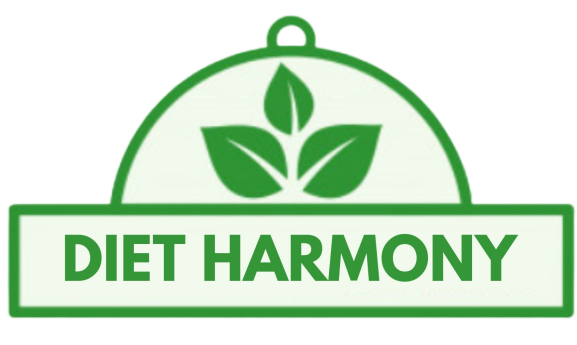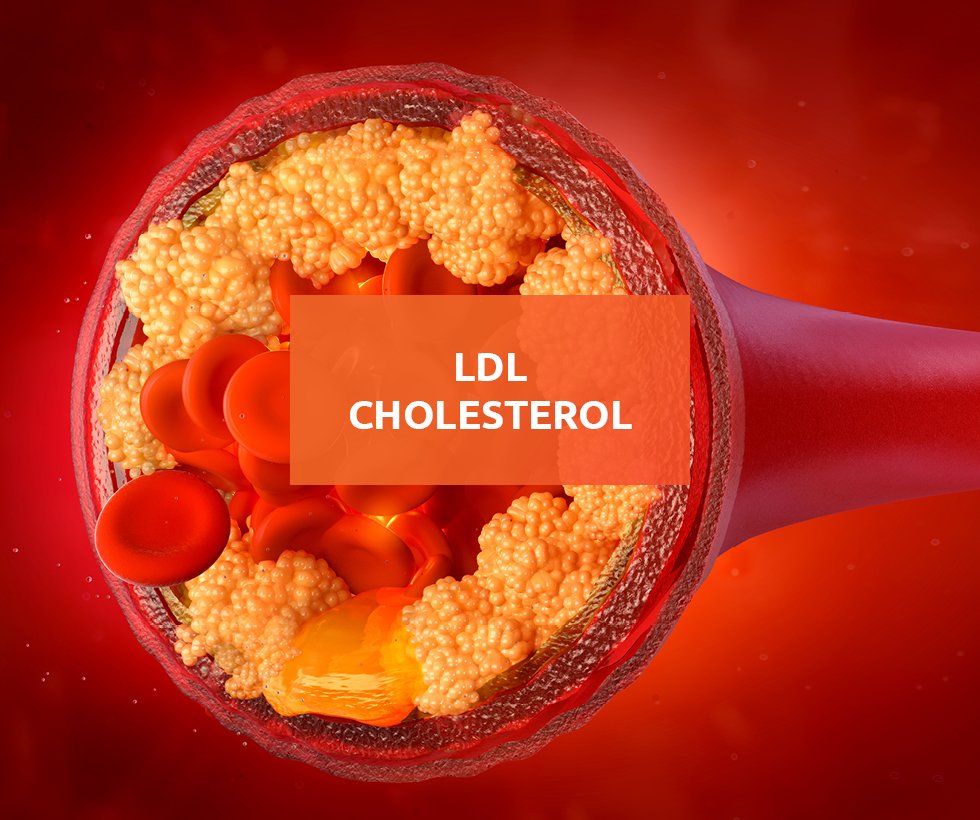What is cholesterol?
Cholesterol is a type of fat that is found in the blood. Too much cholesterol can lead to heart disease. There are two types of cholesterol: LDL cholesterol and HDL cholesterol. LDL cholesterol is the “bad” type of cholesterol. HDL cholesterol is the “good” type of cholesterol.
You can lower your cholesterol levels by eating a healthy diet. Foods that are high in fiber, such as fruits, vegetables, and whole grains, can help to lower cholesterol levels. Foods that are high in saturated fat and trans fat should be avoided. Instead, choose foods that are low in saturated fat and trans fat, such as fish, lean meats, and low-fat dairy products.
How to lower your cholesterol levels
There are a few things you can do to lower your cholesterol levels. One is to eat a healthy diet. This means eating plenty of fruits, vegetables, and whole grains. It also means eating lean protein, such as fish or chicken, and avoiding saturated fats.
Another way to lower your cholesterol levels is to get regular exercise. Exercise helps to improve your cholesterol profile by increasing HDL (good) cholesterol and lowering LDL (bad) cholesterol. Just 30 minutes of moderate exercise each day can make a big difference.
Finally, you can take medication to lower your cholesterol levels if necessary. There are a number of effective medications available, so talk to your doctor about which one might be right for you. By making a few simple lifestyle changes, you can significantly lower your cholesterol levels and improve your overall health.
The 3 best diets to lower your cholesterol levels
If you are looking to lower your cholesterol levels, you may be wondering what the best diets are. While there are many different diets out there, some are better than others when it comes to lowering cholesterol.
The following three diets have all been shown to be effective in lowering cholesterol:
1. The Mediterranean diet
High cholesterol is a risk factor for heart disease, stroke, and other cardiovascular diseases. The Mediterranean diet has been shown to help lower cholesterol levels.
What is the Mediterranean diet?
The Mediterranean diet is a way of eating that is traditionally followed in countries around the Mediterranean Sea. The diet is rich in fruits, vegetables, whole grains, olive oil, and fish. It is low in red meat, processed meats, and sweets.
In addition to its effect on cholesterol, the Mediterranean diet has also been shown to reduce the risk of heart disease, stroke, and cancer.
The Mediterranean diet has been shown to reduce cholesterol levels in a number of ways. First, the diet is rich in healthy fats, including olive oil, which has been shown to lower LDL (bad) cholesterol while raising HDL (good) cholesterol. Additionally, the diet is high in fiber-rich foods like fruits, vegetables, and whole grains, all of which have been shown to reduce cholesterol levels. Finally, the Mediterranean diet is low in saturated fat and red meat, both of which can raise cholesterol levels.There is some evidence to suggest that following a
Mediterranean diet can help to lower cholesterol levels. A study published in the Journal of the American Medical Association found that people who followed a Mediterranean diet had significantly lower levels of LDL (bad) cholesterol and higher levels of HDL (good) cholesterol than those who did not follow the diet.
What are some other health benefits of the Mediterranean diet?
There are a number of other health benefits that have been linked to the Mediterranean diet, including:
– reduced risk of heart disease
– reduced risk of stroke
– reduced risk of some types of cancer
– improved cognitive function
– reduced risk of Alzheimer’s disease
– improved mental health
2. The DASH diet
What is the Dash Diet?
The Dash Diet is a heart-healthy diet that has been shown to lower cholesterol and blood pressure. It is rich in fruits, vegetables, whole grains, and low-fat dairy, and includes moderate amounts of lean protein. The Dash Diet is low in saturated fat, cholesterol, and sodium, and is a great way to eat for overall health.
This diet plan also emphasizes reducing portion sizes and eating fewer calories overall.
One of the main ways that the Dash Diet lowers cholesterol is by helping people to lose weight. When people lose weight, their cholesterol levels tend to improve. Losing weight can also help to improve the function of the arteries and reduce the risk of heart disease.
Another way that the Dash Diet lowers cholesterol is by increasing the intake of fiber. Fiber helps to bind cholesterol and remove it from the body. Soluble fiber, in particular, has been shown to be effective in reducing LDL (bad) cholesterol levels.
Foods to eat on the Dash Diet
There are certain foods that you should eat on the Dash Diet to help lower your cholesterol. These foods include:
– Oats: Oats are a great source of soluble fiber.
– Barley: Barley is another great source of soluble fiber. It also contains beta-glucans.
– Nuts: Nuts are a great source of unsaturated fats.
– Seeds: Seeds are a great source of plant sterols.
– Beans: Beans are a great source of soluble fiber and phytochemicals.
3. The Paleo diet
What is the Paleo Diet?
The Paleo diet is a nutritional plan that is based on the foods that were available to early humans during the Paleolithic era. This diet has been shown to be effective for weight loss and improving some health markers, such as cholesterol levels.
This diet consists of lean meats, fish, fruits, vegetables, and nuts. The Paleo diet has been shown to have many health benefits, including reducing cholesterol levels.
The Paleo diet is an effective way to lower cholesterol levels because it eliminates processed foods and refined sugars from the diet. These foods are known to increase cholesterol levels. The Paleo diet also includes healthy fats and proteins that help to reduce cholesterol levels.
How the Paleo Diet Lowers Cholesterol
The Paleo diet is known for being high in protein and low in carbohydrates, but did you know that it can also help to lower your cholesterol.
There are a few different ways that the Paleo diet can help to lower cholesterol. First, by eating more lean protein and healthy fats, and fewer refined carbs and sugars, you can help to reduce bad cholesterol levels. Second, the fiber in fruits, vegetables, and whole grains helps to keep cholesterol from being absorbed into the bloodstream. And finally, the antioxidants in fruits and veggies help to keep LDL (bad) cholesterol from oxidizing and becoming damaging to blood vessels.
Foods to Eat on the Paleo Diet
Paleo diets are becoming more and more popular as people learn about the benefits of eating like our ancestors. Here are some of the best foods to eat on a Paleo diet to help lower cholesterol:
– Eggs: Eggs are a great source of protein and healthy fats.
– Fish: Fish is another excellent source of protein and healthy fats. It is also high in omega-3 fatty acids.
– Nuts and seeds: Nuts and seeds are a great source of fiber. They are also a good source of healthy fats.
– Vegetables: Vegetables are an important part of any healthy diet. Choose vegetables that are high in fiber, such as beans, peas, and carrots.
– Fruit: Fruit is a great source of antioxidants and vitamins, both of which are important for maintaining healthy cholesterol levels.
Conclusion
Each of these diets has its own benefits and drawbacks, so it is important to choose the one that is right for you. If you have high cholesterol, talk to your doctor about which of these diets might be the best for you.
High cholesterol levels can be dangerous for your health, but there are a number of diets that can help to lower your cholesterol. We hope that our list of 3 diets to lower cholesterol has given you some ideas on how you can improve your own cholesterol levels. Remember to speak to a doctor or registered dietitian before making any major changes to your diet, and good luck!

